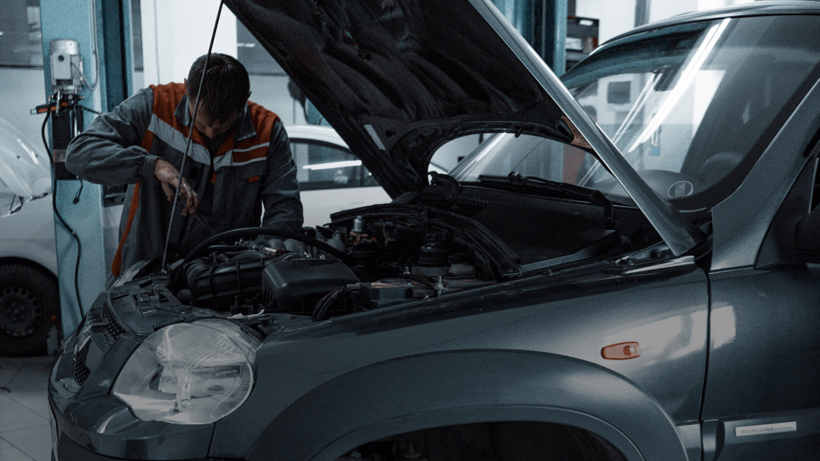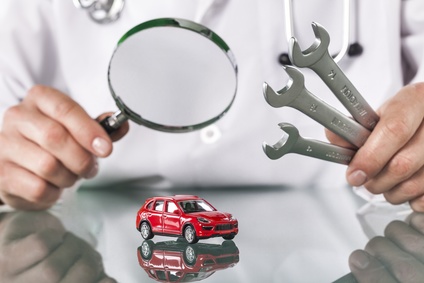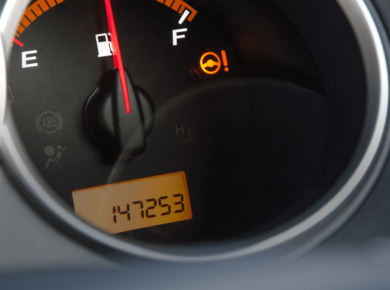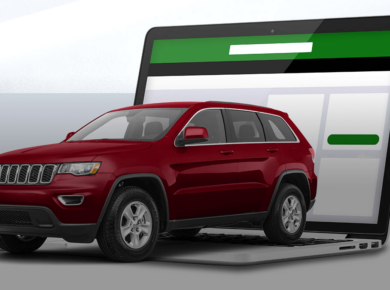When shopping for a used vehicle, you might encounter the term rebuilt title. But what is a rebuilt car title, and how does it differ from a clean one? Understanding this term is essential for both individual car buyers and professional resellers to make informed decisions and avoid potential risks.
At ClearVin, we understand that navigating used car titles can be confusing. That’s why we’ve put together this guide—to help clarify the concept of a rebuilt vehicle title, explain its implications, and show you how to verify one using tools like a Title Check by VIN. Whether you’re buying your first used car or managing fleet purchases, this article will equip you with essential knowledge about rebuilt titles.
What Is a Rebuilt Car Title?

A rebuilt title is issued to a vehicle that was once declared a total loss by an insurance company—often due to an accident, flood, fire, or theft—but has since been repaired and passed inspection to be deemed roadworthy again. Once the required repairs are completed, and the vehicle passes a state inspection (usually through a Department of Motor Vehicles), it is issued a rebuilt vehicle title.
The rebuilt title serves as proof that the vehicle is no longer just salvageable scrap—it’s been restored to a safe and drivable condition. However, buyers should still be cautious and perform a thorough vehicle history check. Using ClearVin’s Title Check by VIN or license plate search can quickly reveal whether a car has a rebuilt title and offer valuable details on its history.
Rebuilt Title vs Clean Title
Understanding the distinction between a rebuilt title vs clean title is crucial. A clean title indicates that the vehicle has never sustained major damage and has a relatively simple ownership history. A rebuilt title, on the other hand, signals that the car has gone through a significant repair process following major damage.
While both cars might appear similar cosmetically, their histories greatly affect insurance coverage, resale value, and buyer confidence. A rebuilt title car may be priced lower but could come with higher risks or complications down the line.
Pros and Cons of Buying a Vehicle with a Rebuilt Title

Buying a rebuilt title car can be cost-effective—but only when you know what you’re getting into. Here’s a breakdown of the rebuilt title pros and cons:
Pros:
- Lower price compared to similar models with clean titles
- Some rebuilt cars are thoroughly repaired and in excellent condition
- A good option for experienced buyers or short-term use vehicles
Cons:
- Difficulties with car insurance (limited coverage or higher premiums)
- Lower resale value
- Uncertainty about the extent or quality of previous repairs
Before making a decision, consider using a rebuilt title car value calculator to better understand the car’s worth and compare it to clean-title alternatives.
How to Get a Rebuilt Title

If you’re wondering how to get a rebuilt title, here’s a simplified overview:
- Collect documentation – Salvage title, repair receipts, and before/after photos
- Complete repairs – Ensure all work meets state safety and regulatory standards
- Schedule an inspection – DMV or an authorized body will verify the repairs
- Submit forms – Fill out the rebuilt title application and pay applicable fees
- Wait for approval – Once approved, the rebuilt vehicle title will be issued
The process is straightforward when done correctly, especially with guidance from local authorities.
Transferring Ownership of a Rebuilt Title Car
If you’re buying or selling a car with a rebuilt title, the process is similar to that of a regular vehicle:
- Complete required paperwork – Bill of sale, car ownership transfer form, and title
- Pay applicable fees – Some states charge more for rebuilt titles
- Notify the DMV – Ensure records are updated promptly
Always check local regulations, as the specifics can vary by state.
Why You Should Check a Rebuilt Title Car With ClearVin
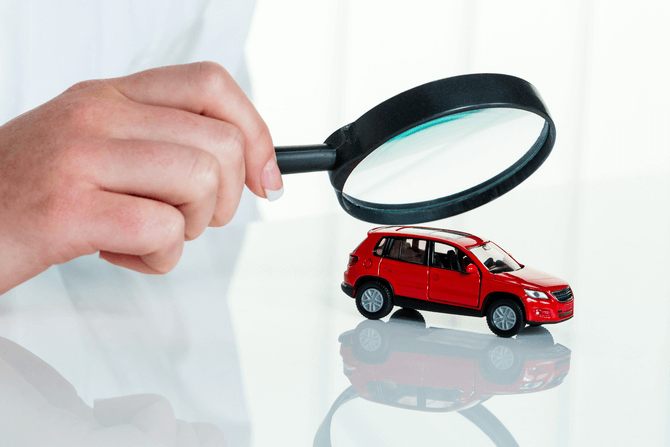
ClearVin provides a fast, easy, and reliable way to verify a vehicle’s history and title status. Using a Title Check by VIN, you can uncover:
- Accident and damage history
- Previous ownership records
- Mileage verification
- Insurance claims
- Whether the car was subject to title washing
Title washing is a deceptive practice in which a rebuilt title status is removed by registering the car in a different state. With ClearVin’s data, you can avoid falling for such scams and buy with confidence.
Can a Rebuilt Title Become a Clean Title?
A common question we hear is: how to turn a rebuilt title to a clean title? Unfortunately, once a car has been issued a rebuilt title, it cannot be returned to a clean title status. However, the car can still be sold, insured (in most states), and driven—just with full disclosure of its history.
Conclusion
Understanding what a rebuilt title is and how it affects the car’s value and history is vital for anyone buying or selling used vehicles. While buying a rebuilt title car can save money, it’s important to weigh the benefits against the risks. Use ClearVin to access a reliable vehicle history report and check title records with confidence.
Our Title Check by VIN and rebuilt title verification tools offer the insights you need to make informed choices. For further help, contact us online or call +1 (844) 268-5991 (8:00 AM–3:00 PM EST, Monday–Friday).
Let me know if you’d like an accompanying infographic or image for this post.
